June 27, 2025 | 17:47 GMT +7
June 27, 2025 | 17:47 GMT +7
Hotline: 0913.378.918
June 27, 2025 | 17:47 GMT +7
Hotline: 0913.378.918
Fresh coconut has recently become a popular sale item owing to increased demand, which has prompted merchants to buy.
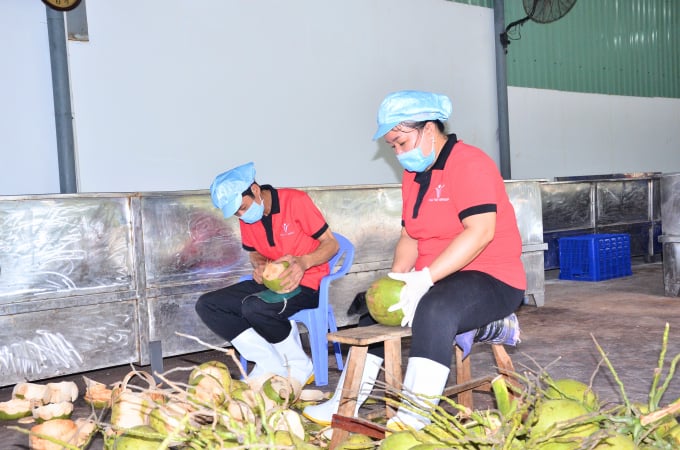
Coconut is a fruit product that is almost less affected by the Covid-19 pandemic. Photo: MD.
Over the last two months, coconut prices have been stable at a high level; merchants purchase dried coconut for VND 6,000 per fruit and Siamese coconut for VND 4,000 each fruit. In the last two years, the Mekong Delta has seen two spikes around coconut prices, notably in the middle of May 2020 and at the start of 2021. Numerous gardeners grew dried coconut in their gardens for merchants at rates ranging from VND105,000 to 110,000 per dozen, compared to VND 55,000 for fresh coconut.
Coconuts are sold in the retail market for between VND 10,000 and VND 15,000 per fruit, depending on their size. Gardeners may earn a profit of VND 20 million per hectare each selling season at this pricing.
However, numerous coconut plantations have had their yields decline as a result of drought and other unfavorable production conditions, pests, and diseases.
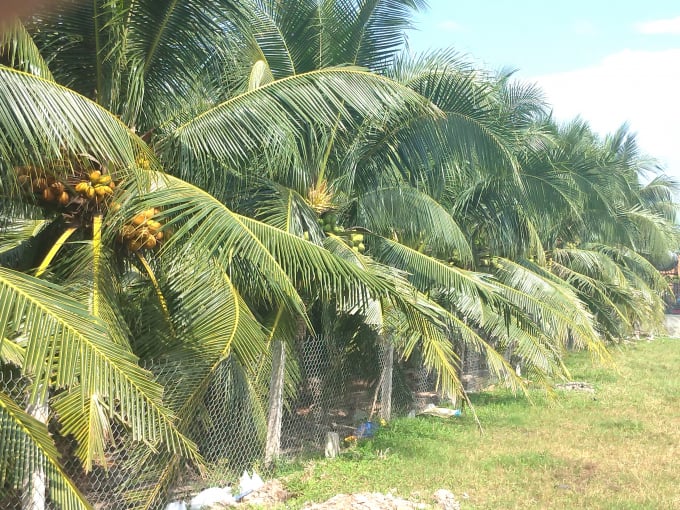
In recent years, the coconut area has gradually increased in the Mekong Delta due to good consumption. Photo: MD.
According to some merchants, coconut production is not plentiful or flows in significant quantities to the market, making it less vulnerable to the Covid-19 pandemic due to high local and export demand. Coconut exports are available to a wide range of nations, unlike jackfruit, sweet potato, and dragon fruit, which are all dependent on the Chinese market.
Additionally, there are many domestic businesses with considerable consuming power. Particularly the sector of coconut product processing for export, particularly in Ben Tre province.
Coconut trees are not soil-specific, need minimal investment and maintenance, and may thrive in regions polluted by flue gas, and have alkaline soil. Coconut cultivation is certain since all parts of the tree are valuable and may be utilized. The fruit is excellent if the coconut tree is well cared for and is not damaged by weeds or insects.
The price of coconut fruit is less variable, which is appealing to growers since merchants are always going to the garden to purchase. As a result, many gardeners have bravely changed economically unproductive crops or restored mixed gardens in order to transplant coconut trees, thus assisting the coconut industry is quickly expanding its territory.
According to Nguyen Van Liem, Deputy Director of Vinh Long province's Department of Agriculture and Rural Development, the province's coconut cultivation area was only around 4,500 hectares after the 2002 beetle outbreak. Gardeners have reinvested in planting as a result of the agriculture industry's active assistance.
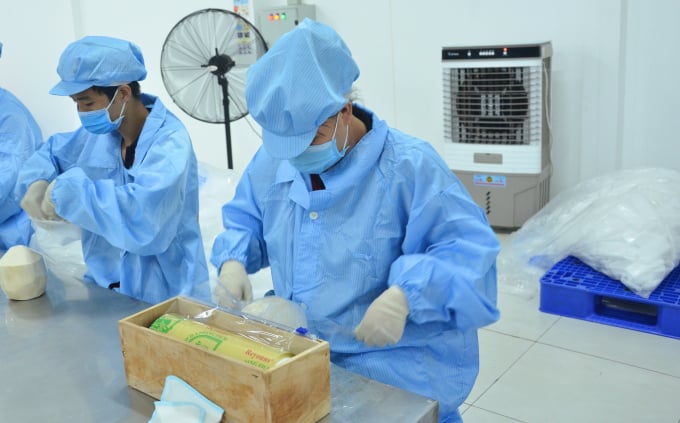
Coconut is processed into a variety of export products, less dependent on the Chinese market like many other agricultural products. Photo: MD.
By the end of 2010, Vinh Long's coconut area had grown to almost 7,400 hectares. Vinh Long now contains about 10,200 hectares of coconuts, concentrated mostly in four districts: Vung Liem (almost 4,000 hectares), Tam Binh and Tra On (nearly 2,000 hectares each district), and Mang Thit (nearly 2,000 hectares per district) (more than 1,200 hectares). By 2020, the freshly planted coconut area will exceed 100 hectares.
The province's coconut trees are mostly tall varieties such as domestic coconut, fire coconut, Tam Quan coconut, and wax coconut. Recently, many kinds of imported dwarf coconuts, such as pineapple coconut and Siamese coconut, have been planted widely and have adapted well to the province's soil conditions. Numerous gardeners are also adept at intercropping in coconut gardens.
However, according to the assessment and recommendations of the professional industry, the conversion of land from other crops to coconut growing is increasing, not in a planned manner, and without ensuring proper planting techniques, which is a prerequisite for pests and diseases on coconut growing. This will result in serious harm and will have a direct impact on people's production.
Additionally, to prevent a scenario of overstock, farmers should intercrop a variety of crops to diversify agricultural outputs, improve economic efficiency, and provide farmers with a steady income.
Coconut acreage varies around 130,000 hectares in the Mekong Delta, with the majority concentrated in provinces such as Ben Tre, Tra Vinh, Tien Giang, and Vinh Long. Particularly in Ben Tre, the country's coconut "capital," the area under coconut farming has steadily grown since the record drought in 2020. According to the Ben Tre province's Department of Science and Technology, the province's coconut area now exceeds 74,000 hectares, an increase of 2.27 percent over the same time in 2020.
The coconut area in Vietnam is 140,000 hectares, according to a decision on the master plan for agricultural production growth to 2020, with a vision to 2030. The Mekong Delta, the Central Highlands, the South Central Coast, and the Southeast are the primary producing regions.
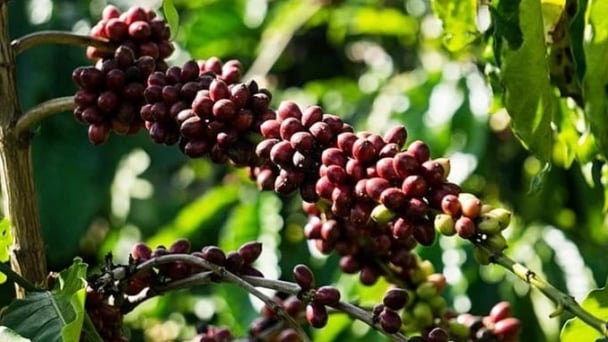
(VAN) Coffee prices on June 27, 2025, have rebounded globally. Domestic prices rose by VND 3,000, climbing to around VND 93,500 – VND 93,800/kg.
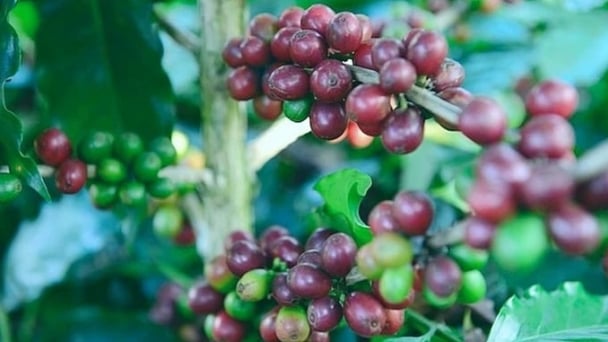
(VAN) Coffee prices on June 26, 2025 declined globally, with Robusta drop 4%. Domestic prices dropped by VND 2,400 VND, falling to VND 92,000 – 92,500 VND/kg.
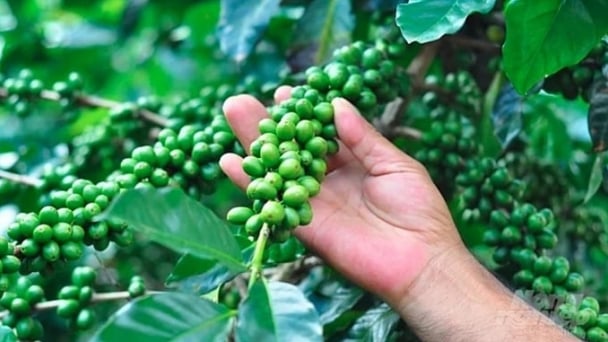
(VAN) Coffee prices on June 25, 2025, dropped by over 4% globally. Domestic prices plunged by 3,500 VND, falling to the range of 94,000 - 94,500 VND/kg.
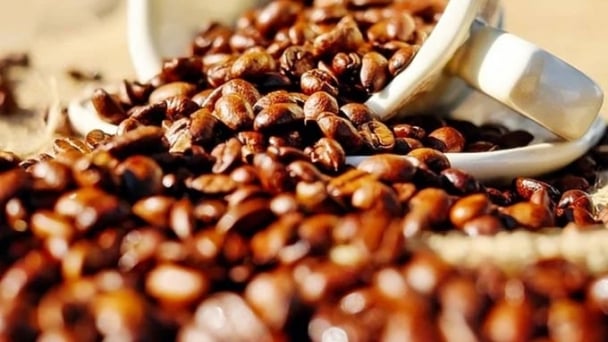
(VAN) Coffee prices on June 20, 2025, fluctuated, with Arabica plunging by 3%. Domestic coffee prices remained flat, trading at VND 103,000 – 103,500/kg.
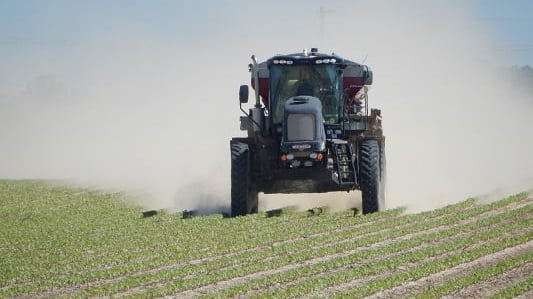
(VAN) The vice president of fertilizer with Stone X Group says increasing tensions in the Middle East are impacting global nitrogen prices.
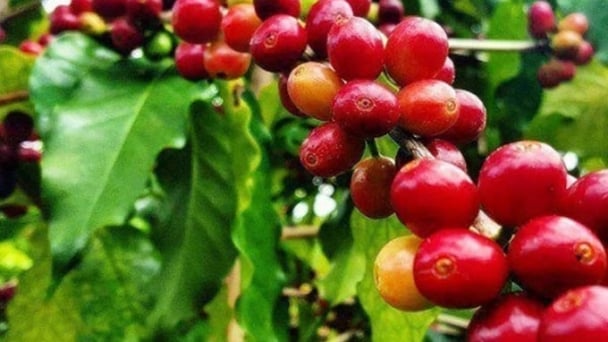
(VAN) Coffee prices on June 19, 2025 dropped globally. Domestic coffee prices dropped by as much as VND 2,300, plunging to around VND 107,100 - 107,700/kg.
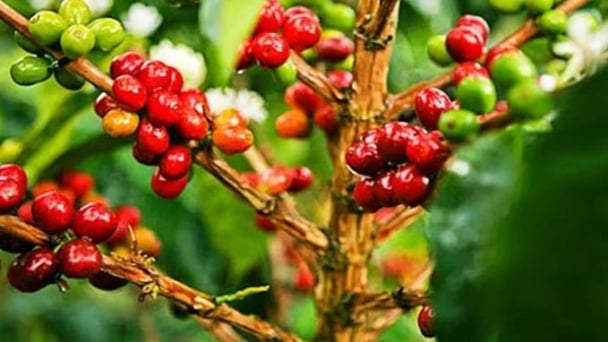
(VAN) Coffee prices on June 18, 2025, declined globally, with Arabica losing about 2.3%. Domestic prices fell by VND 1,600, down to VND 109,400 – 110,000/kg.